The Top 10 Issues for CRE Now
COVID-19 is no longer the No. 1 concern for real estate decision-makers, but its effects are pervasive, according to The Counselors of Real Estate’s annual survey.
The global impacts of remote work and increased mobility on commercial buildings is the top concern for today’s commercial real estate industry, according to The Counselors of Real Estate in its just-released 2021-2022 Top Ten Issues Affecting Real Estate report.
READ ALSO: How REITs Outperform on ESG
While COVID-19 isn’t listed specifically as the No. 1 concern by the international consortium of commercial property professionals as it was last year, the pandemic’s effects are clearly found throughout the comprehensive report. The counselors ranked the acceleration and adoption of technology as having the second-greatest impact on the industry. Logistics and the supply chain, housing supply and affordability were also among the other top 10 issues cited in the report.
“The pandemic was a stress test, revealing vulnerabilities, appetites and new and increased risks,” Michel Couillard, 2021 global chair of the Counselors of Real Estate, said in a prepared statement.
He pointed out that the Top 10 Issues are “highly interconnected and indicative of a newly changed and further evolving real estate environment.” For example, Couillard cited cybersecurity, supply-chain and price instability as problems that can quickly have repercussions in commercial real estate.
“None of these are new concepts, but in a span of months or even just weeks, we saw high-profile hacks, shortages of resources like microchips, lumber and labor, and rising prices across the board,” he said.
One of the main themes emerging in this year’s list is the need for the commercial real estate industry “to recognize that adaptability and resiliency are paramount in real estate markets” as we come out of the global pandemic, he said. Couillard, also the president & CEO of BUSAC Real Estate in Montreal, noted that the pandemic significantly disrupted human behavior in how and where people have chosen to work. As a result, there will be a repositioning of the workspace as workers begin to return to offices and benefit from easily adaptable and sharable spaces.
Couillard said the industry will have to watch closely to see which population migration and space-use behaviors will endure, and be ready to react. Property owners and managers should be flexible in accommodating demand-driven changes in the use and location of space. The report states that after years of a trend toward urbanization, the pandemic universally caused a movement away from the urban cores. Most of the relocations remained in their original region—84 percent—but it is still unclear how permanent some of the movements will be and if they represent a true urban exodus.
As for the technology, the second-biggest concern, the report states that this year the news is about the industry’s acceptance of technology because of the lockdown-driven changes to work, the economy, social structures and personal behaviors. Again, the question remains: “What changes will be permanent?” but the report points out that the accelerated upgrade of connectivity, security and hosted processes means any place is now a potential workplace.
Moving into third place this year from tenth last year are ESG initiatives. Couillard said both investor and market demand for ESG programs in real estate became a global issue, as stakeholders questioned what material is, where we are vulnerable, and which strategies will cost-effectively mitigate risks and create long-term value.
The counselors selected logistics as the fourth most-concerning issue because of its influence on the economy but also because of the important role it plays in the supply chain, particularly in the era of “shop online and deliver it to me.” The report states post-COVID-19 logistics will continue to disrupt commercial real estate models for years to come, with more funding going to the industrial sector and less to retail.
The remaining issues on the list include:
Infrastructure (No. 5): The report states COVID-19, climate change and heightened societal interest and social and economic equity have redefined infrastructure imperatives beyond roads, bridges, airports, ports, mass transit and other traditional needs. In Congress, a bi-partisan group of senators is working to come to an agreement on a massive plan, though it will be significantly smaller from President Joe Biden’s initial $2.3 trillion infrastructure proposal.
Housing supply and affordability (No. 6): The counselors identified weakness in the housing supply and the pressure it puts on affordability as a top concern. The group stated lawmakers must work to expand access to resources, remove barriers and incentivize new development, and that the pandemic only made the affordable housing crisis worse.
Political polarization (No. 7), economic structural change (No. 8), adaptive reuse (No. 9), and bifurcation of capital markets (No. 10) round out the list.


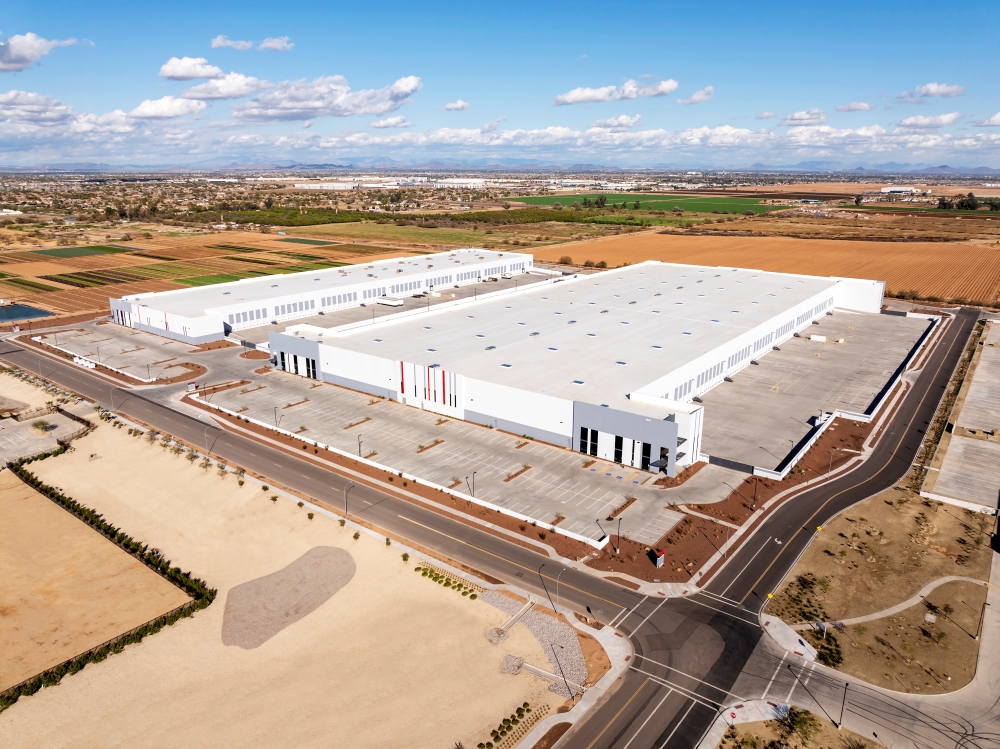
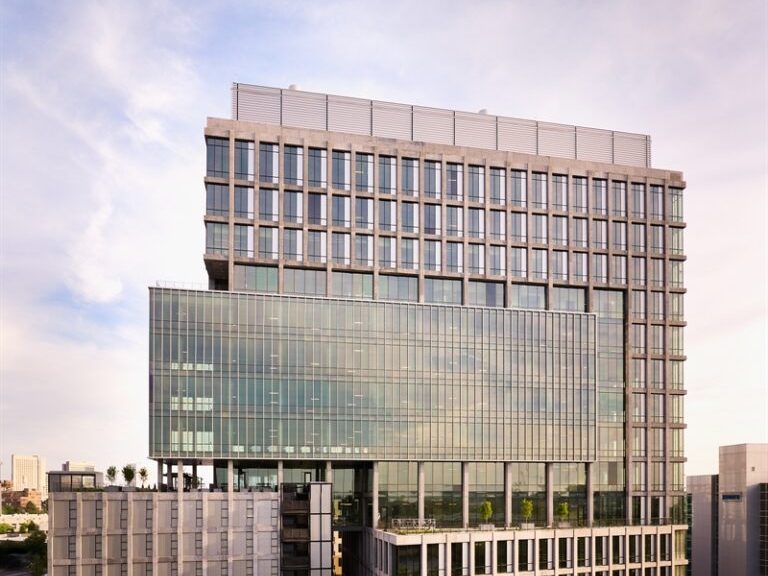
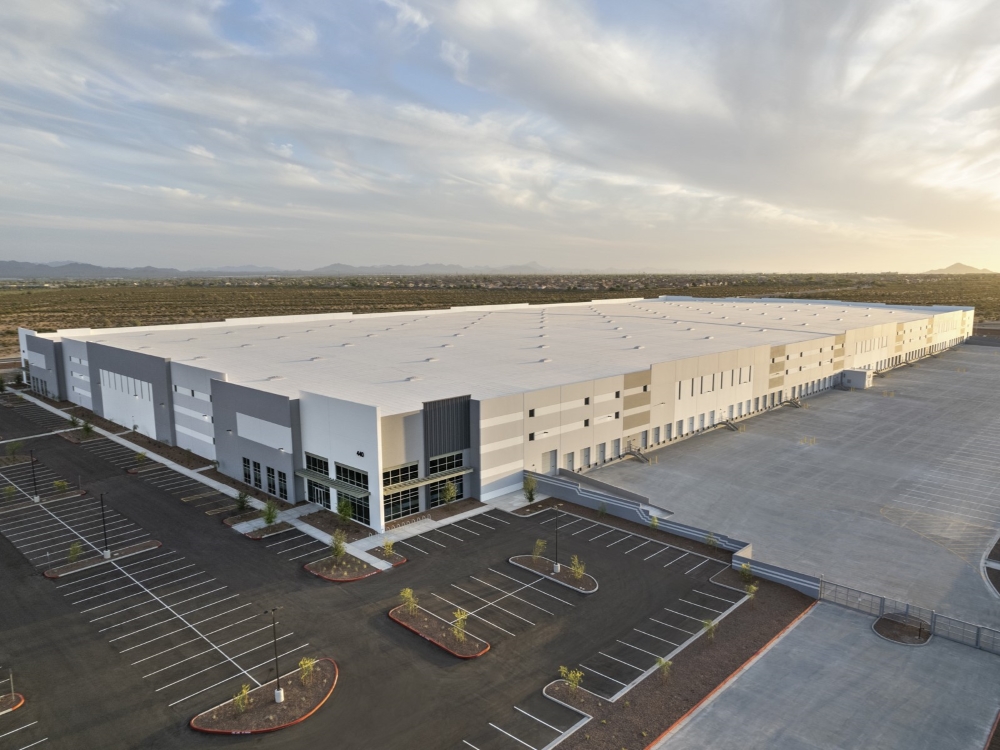
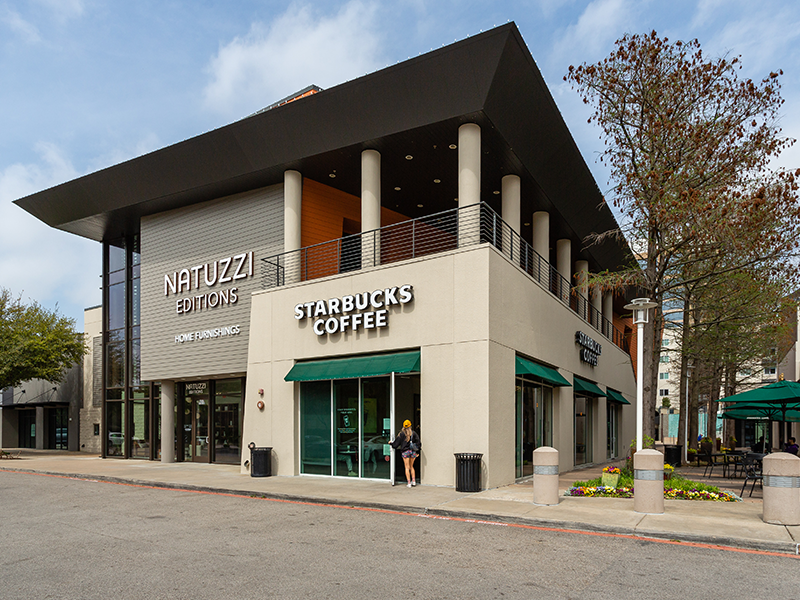
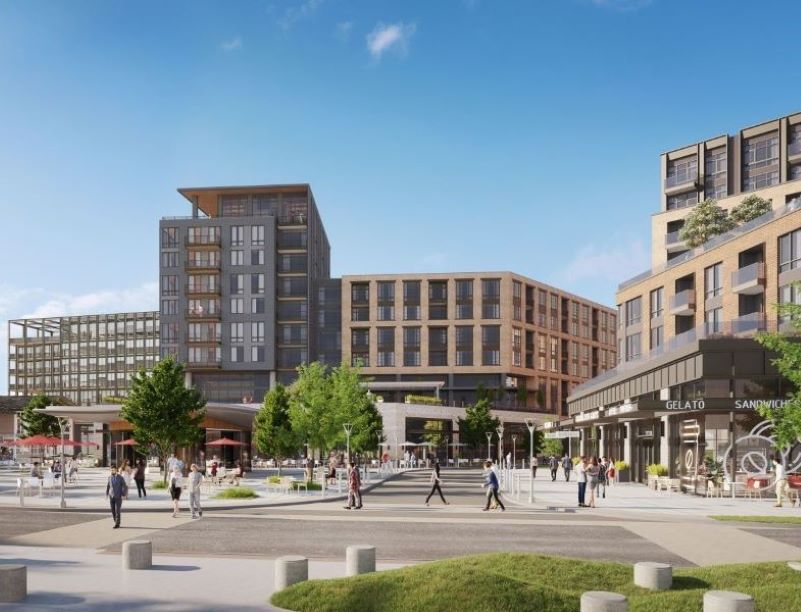

You must be logged in to post a comment.